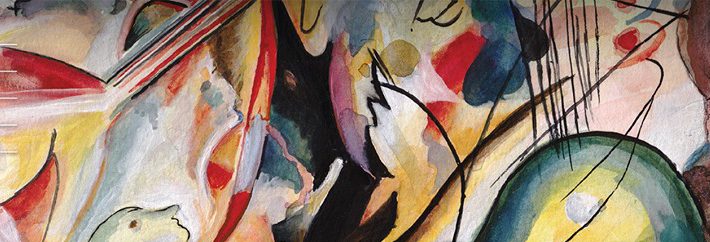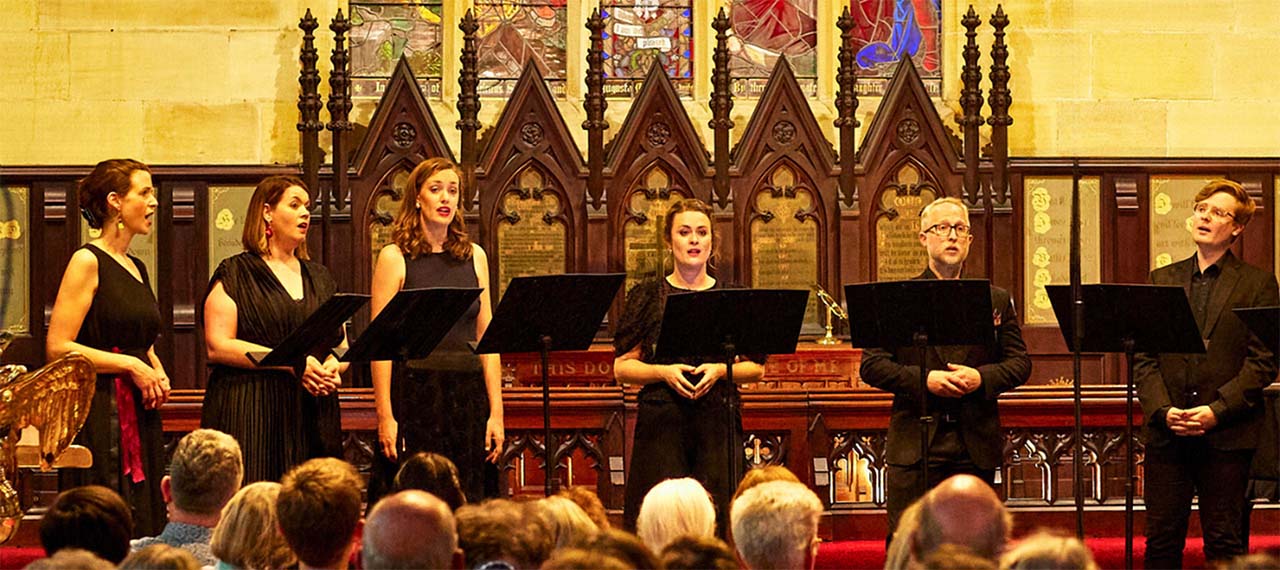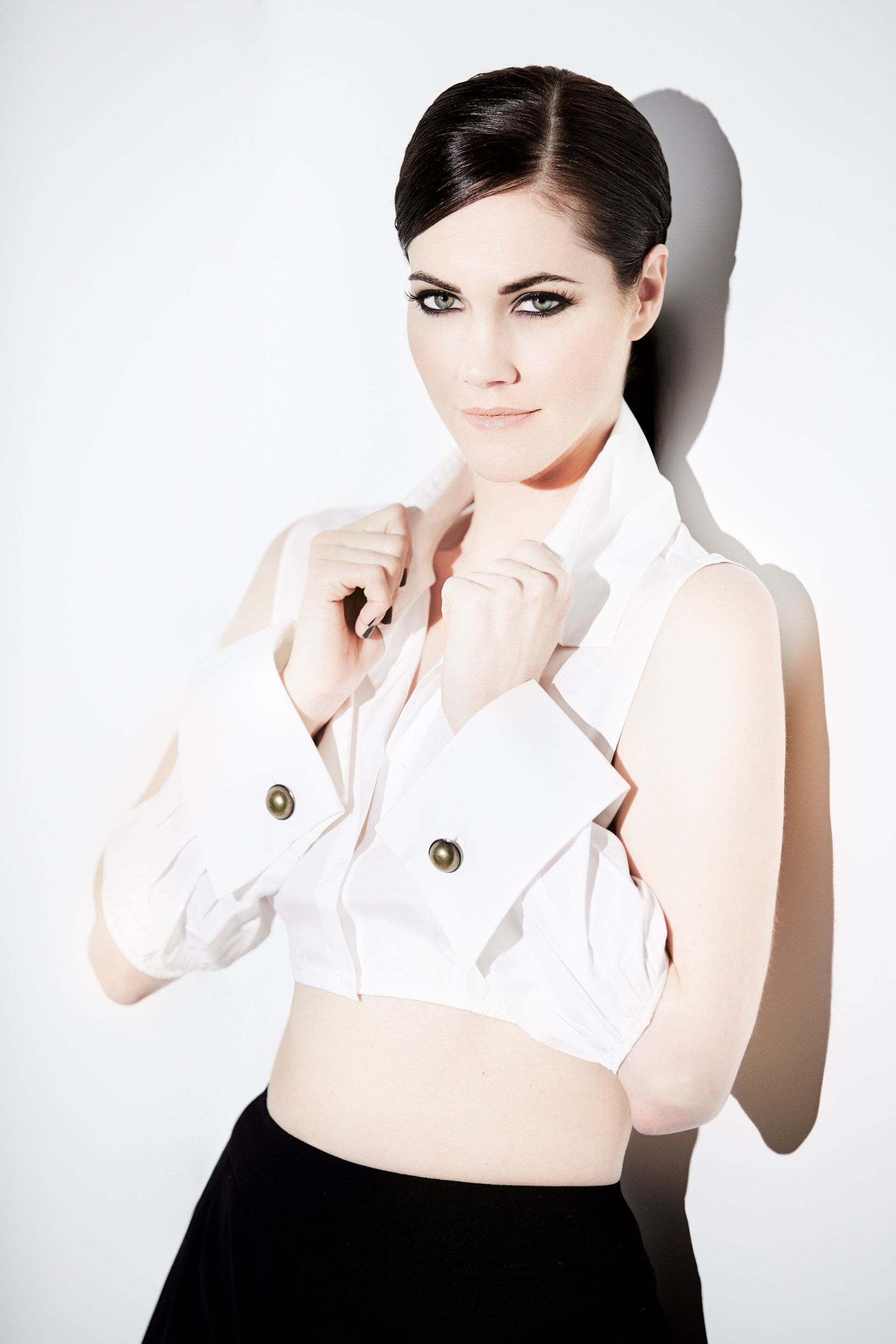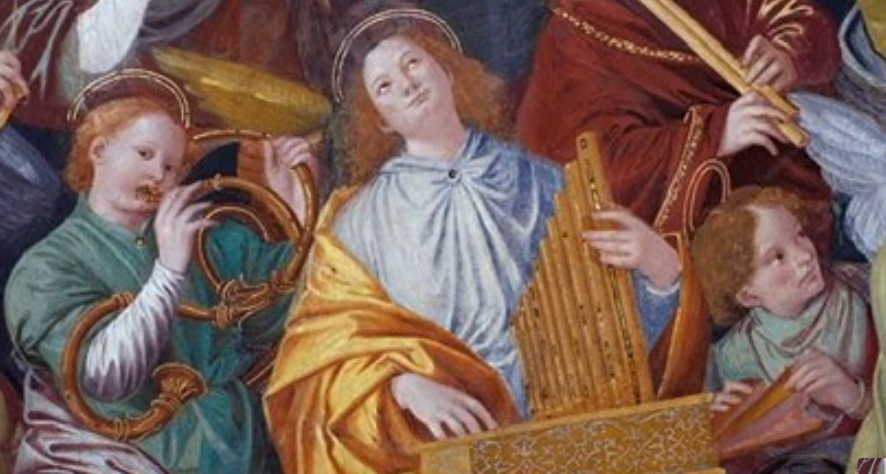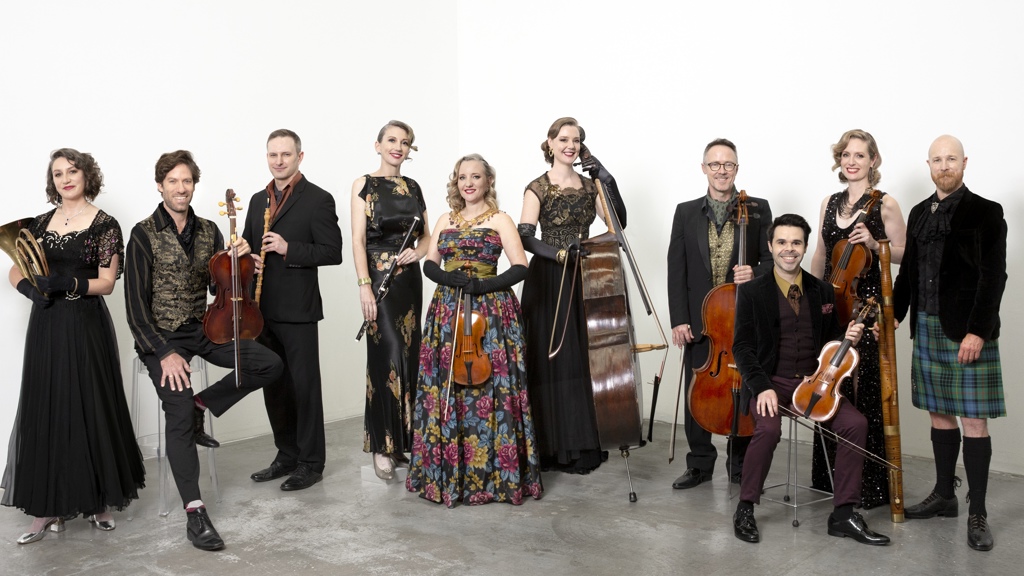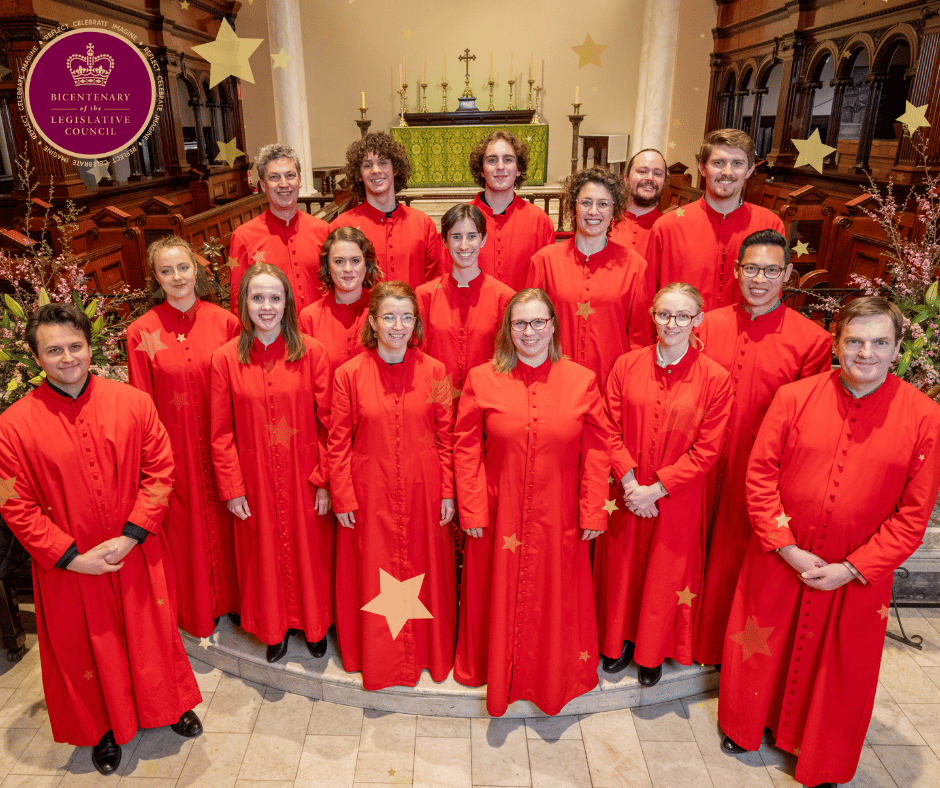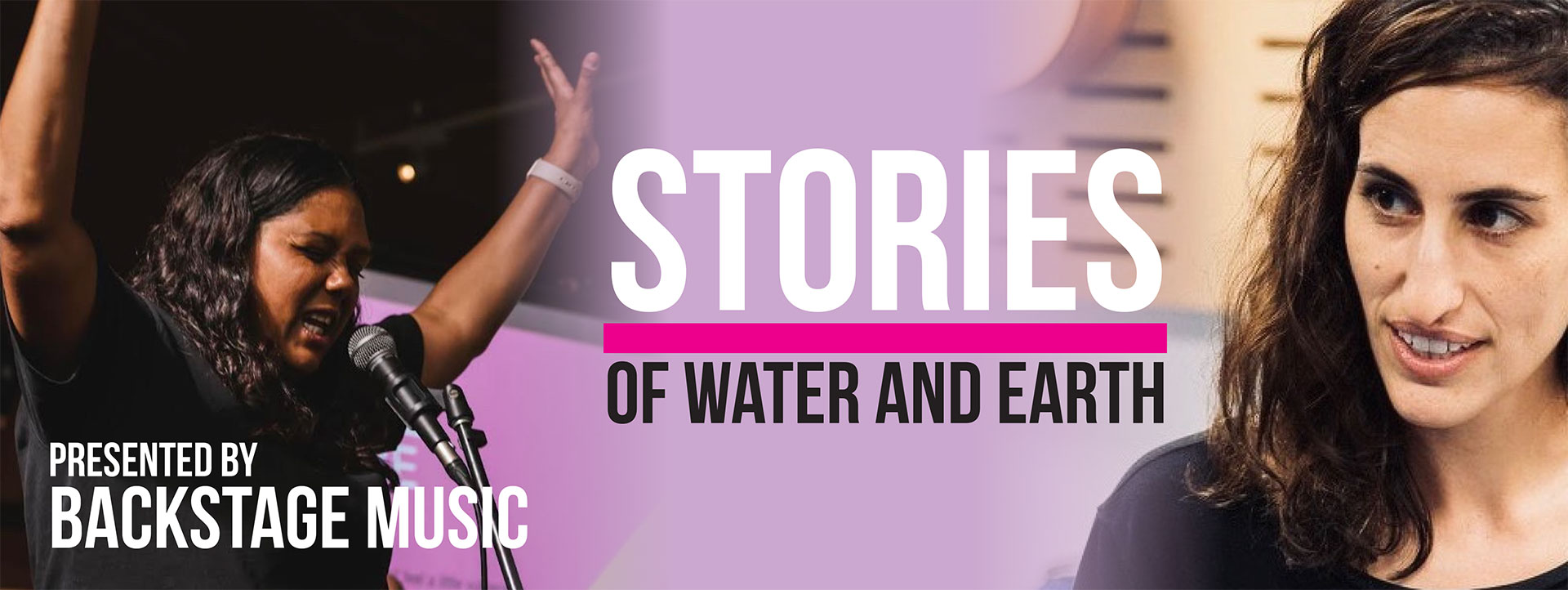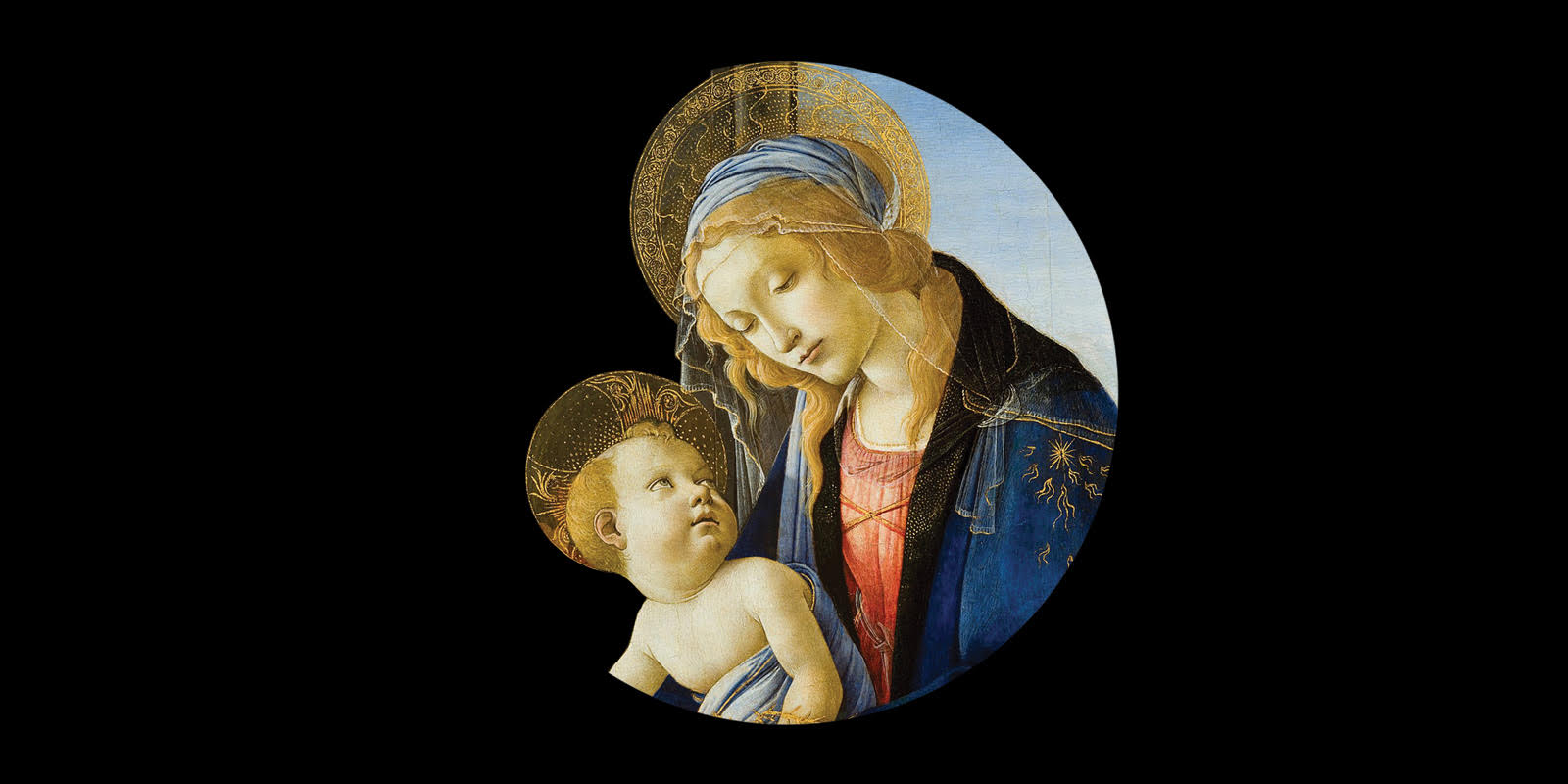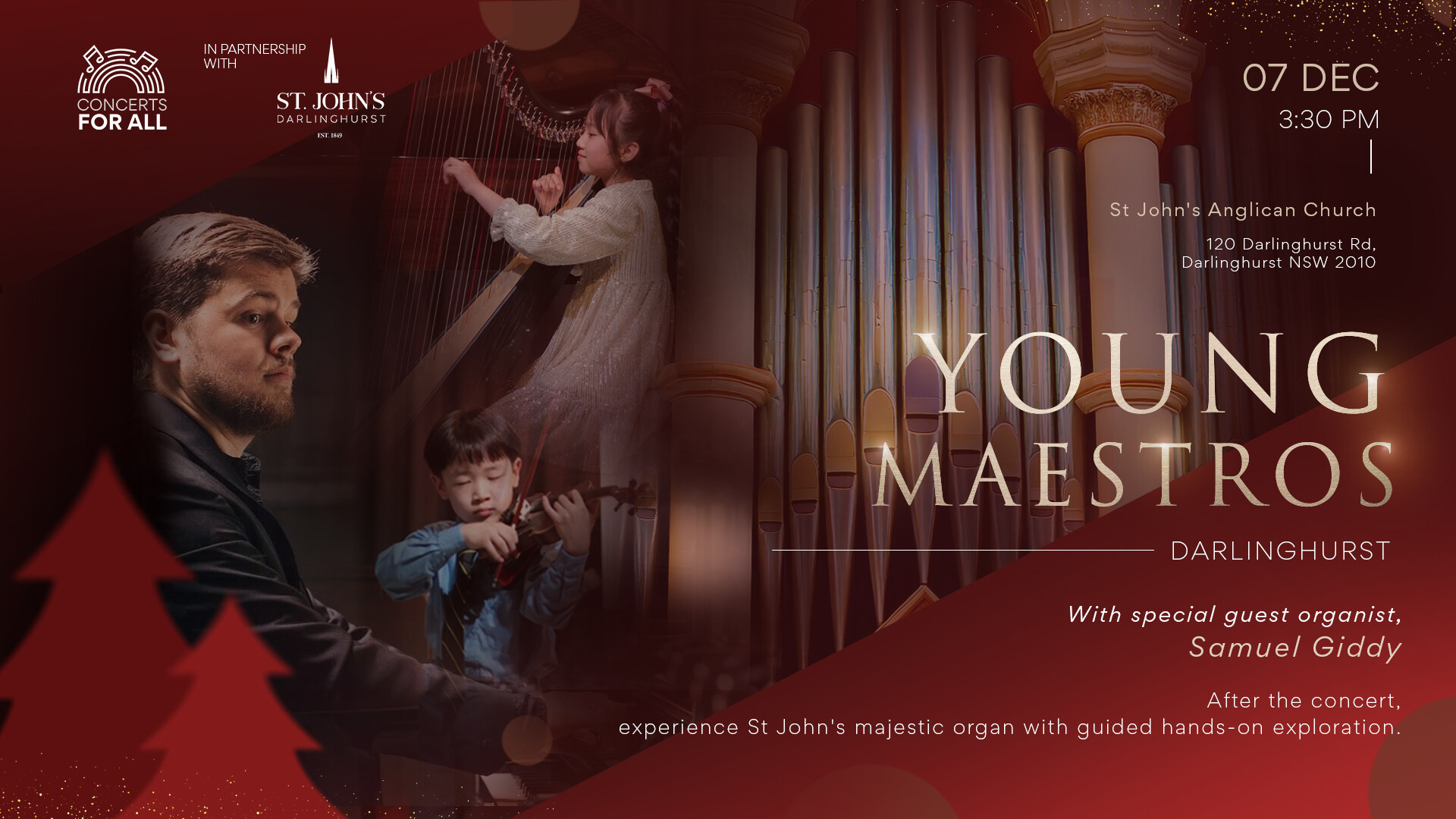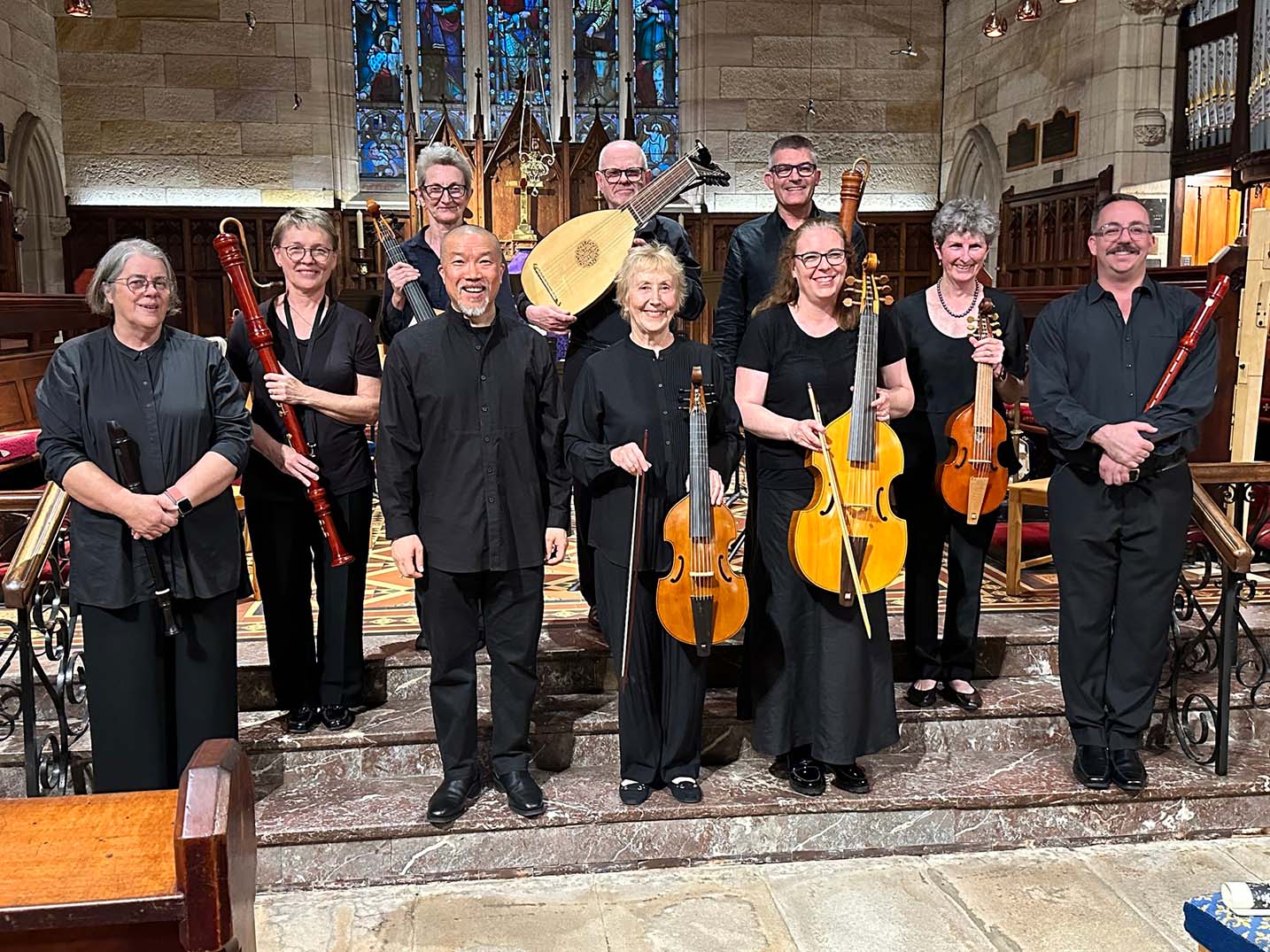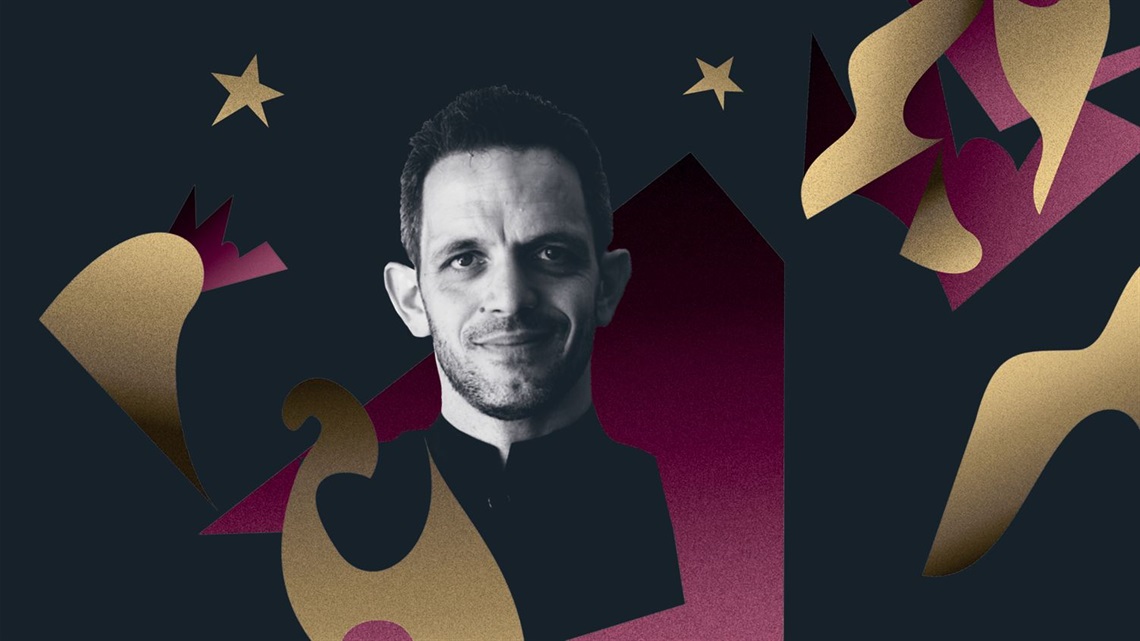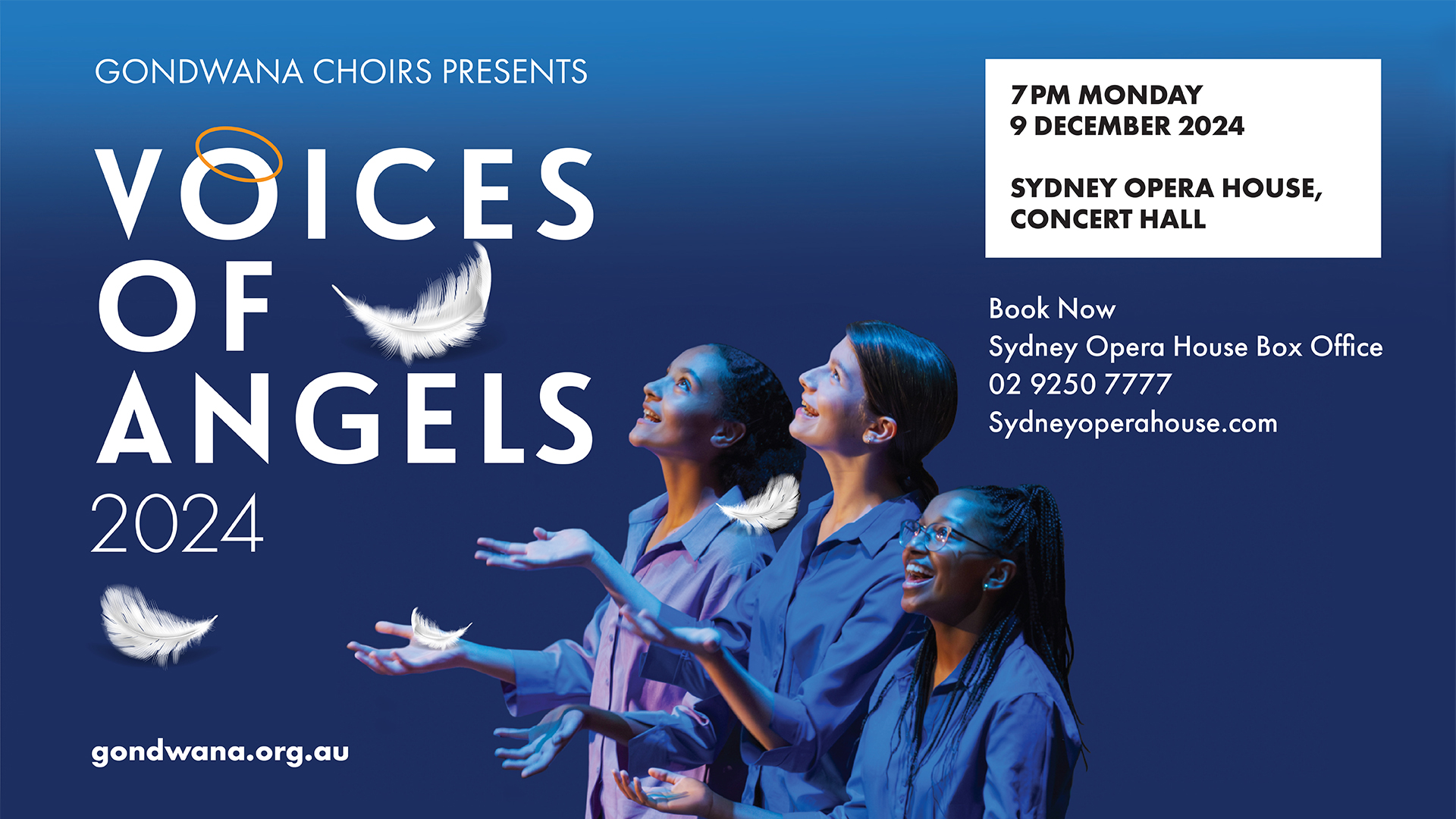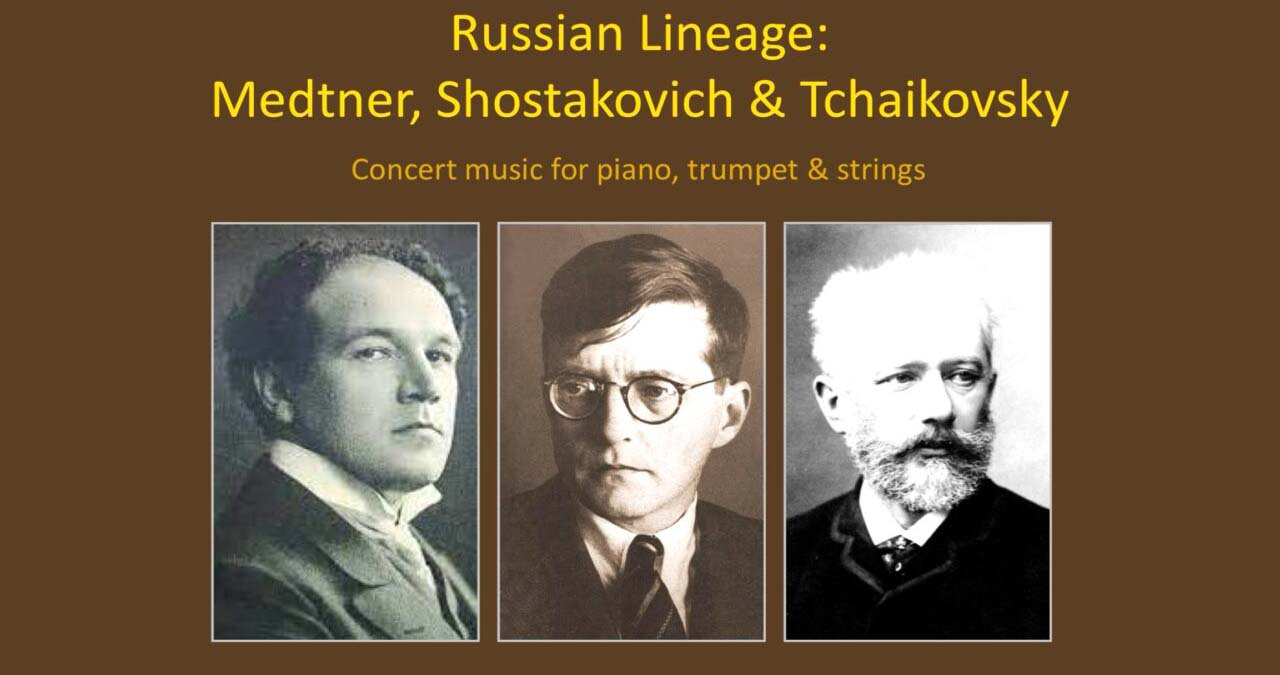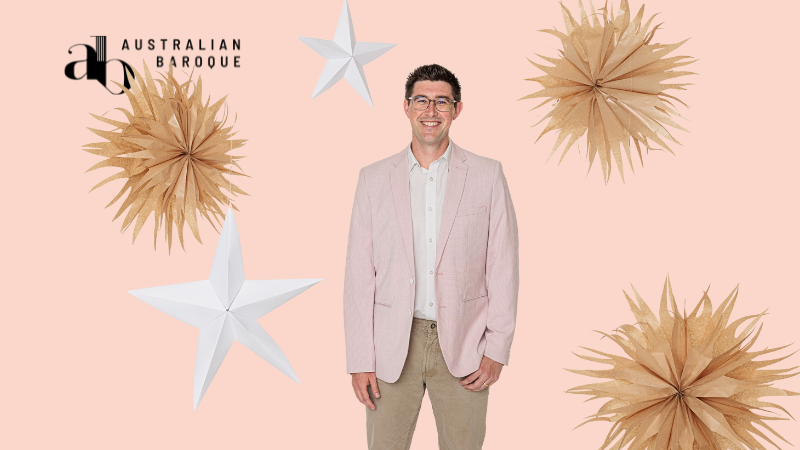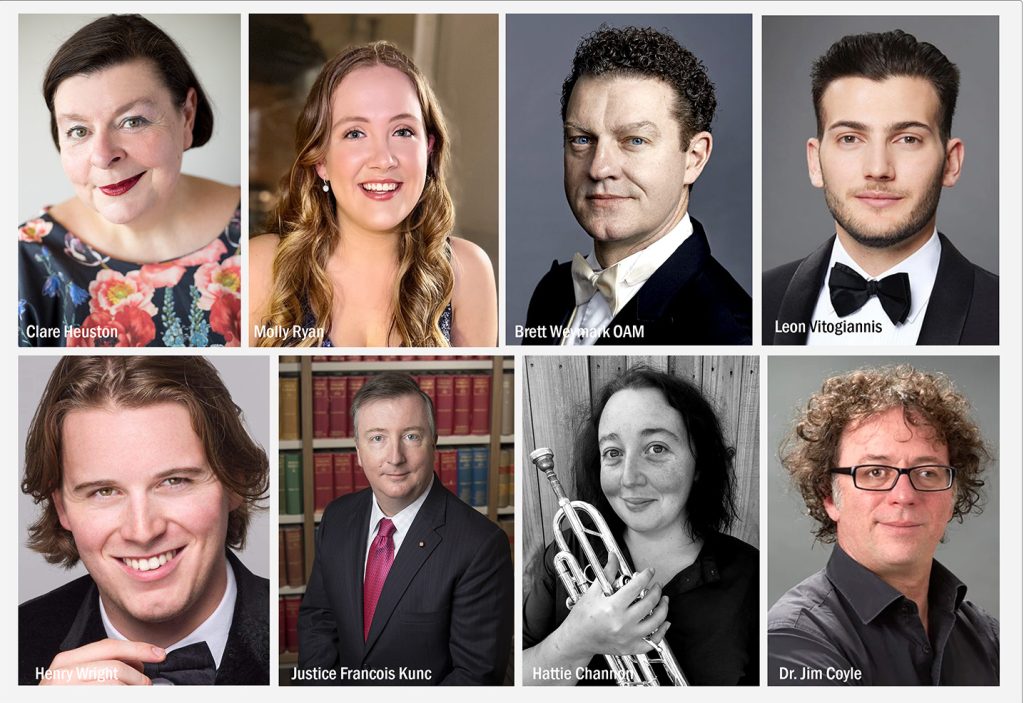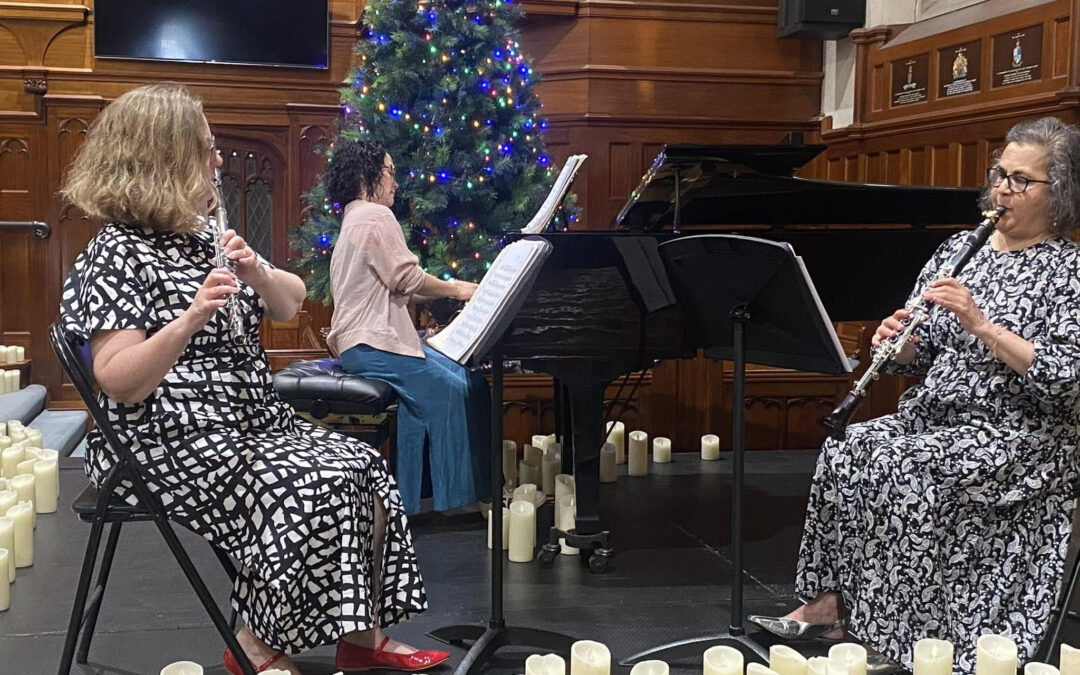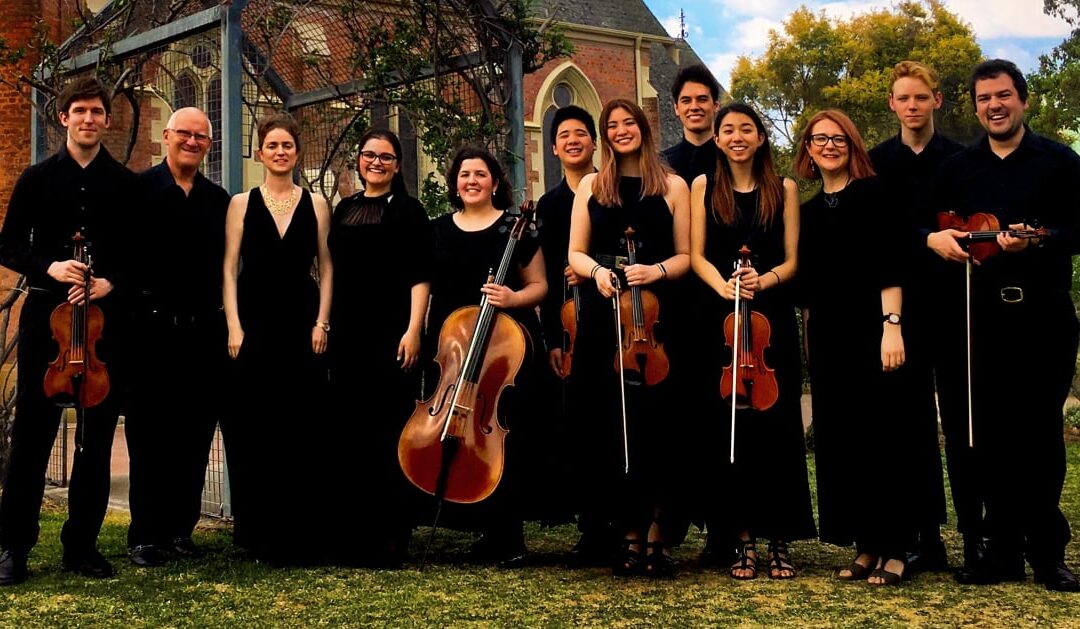Entering the beautiful Cardinal Cerretti Memorial Chapel in the heights above Manly suitably prepared me for an afternoon of soaring voices and close harmonies from Bel a cappella. They began with their backs to the audience, singing John Cage’s ear for EAR (antiphonies), in antiphonal style, without the conductor. Solo tenor, Ben Mullaney, sang a wordless phrase from the other end of the chapel, to which the choir responded. This resounded gloriously in the splendid acoustics of the chapel.
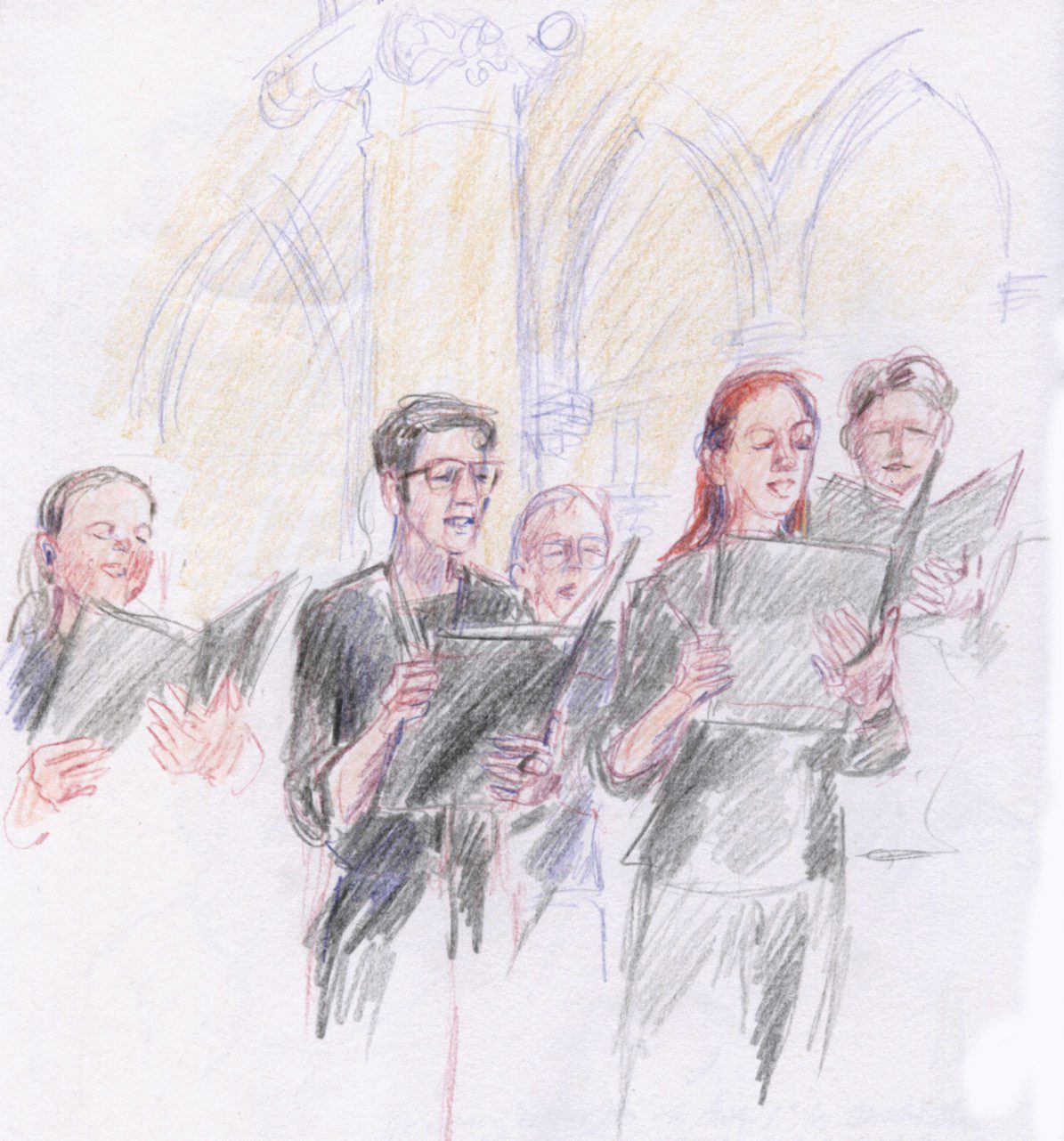
Bel a cappella © Heidi Hereth, 2019
Anthony Pasquill, the musical director, then introduced the concert as being about sound, silence and colour, suggesting we should relax in the “comfortable seats” (sideways facing wooden pews) and rather than strain our necks to see, close our eyes while we listen. I had other priorities…
I sketched the choristers as they sang Richard Strauss’s Der Abend, a setting of Schiller’s poem about sunset, inspired by Classical mythology. Although a relatively early work in the tradition of late nineteenth century German romantics, some of the subtle harmonies foreshadow his later works.
This was followed by the rhythmic I Lie, whose composer, David Lang, set the text of an old Yiddish song to his own inimitable style of music. Pepe Newton, a member of the classikON team, sang the rhythmically challenging alto solo at the end, conveying the excitement of the girl lying on her bed, when she hears her lover arrive.
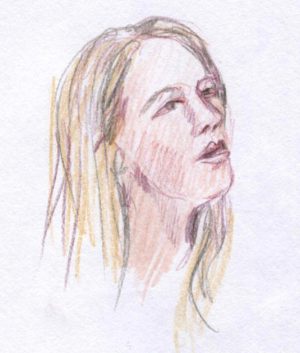
Bel a cappella © Heidi Hereth, 2019
The women then left the stage, leaving the men to sing Mendelssohn’s Beati Mortui, a sacred motet for male voices. This had a more traditional feel with beautiful sonorous harmonies.
The women returned for Caroline Shaw’s Fly Away I, a reworking of a popular gospel song in close harmonies.
Harmony was central to Four², the next piece by John Cage. This was particularly intriguing as the choir split up into two groups and one male singer engaged in harmonic singing.
A slightly more traditional style of singing was demonstrated in the anthem Bring us, O Lord God by William Harris, composed for double choir.
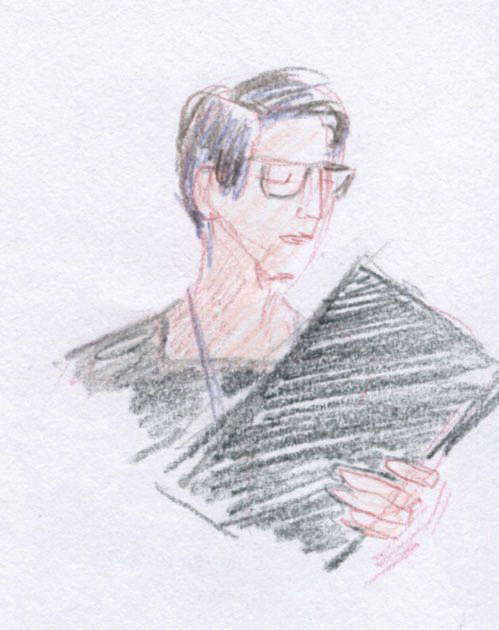
Bel a cappella © Heidi Hereth, 2019
The highlight of the concert came after the interval: Alfred Schnittke’s Choir Concerto. Sung in Russian, the text is taken from a Book of Lamentations by St. Gregory of Narek, an Armenian mystic from the tenth century. Bel a cappella beautifully translated Schnittke’s deep feeling for and response to the text and the chapel itself responded in acoustic reverberations.
The whole concert beautifully balanced abstract with descriptive works, carefully chosen by Anthony Pasquill and superbly sung by Bel a cappella. We drifted off into the winter sunshine with colourful harmonies in our aural memories and in my sketchbook.
Thoughts about:
![]()
Bel a cappella: Concerto for Choir | Manly | Sun 4 August, 2019
![]()

